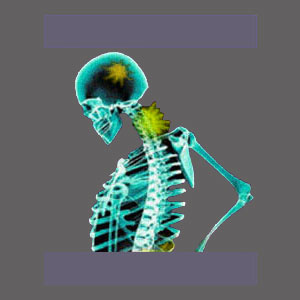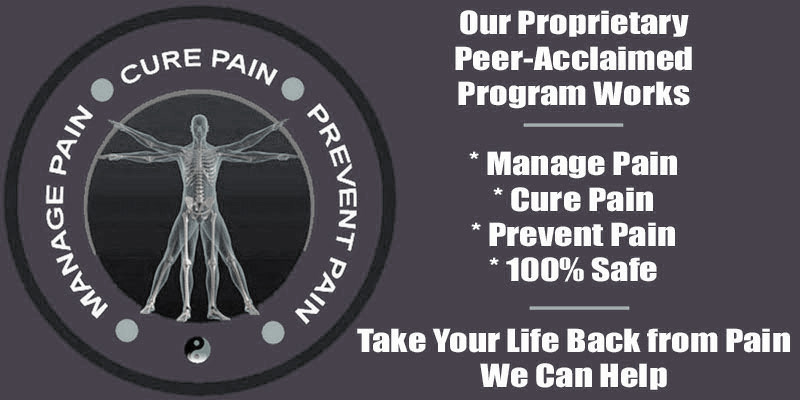
Hypnotherapy for spinal stenosis is a form of mindbody treatment that is often used during pain management programs. Medical hypnosis is one way to manage symptoms of chronic conditions without compromising overall health or creating any additional risk factors for the patient.
How can hypnotherapy help people with spinal stenosis? Is the efficacy limited to pain management or are there additional possible benefits? How should patients pursue medical hypnotherapy? These are all vital questions to answer and we will do exactly that during the course of this focused dialog.
This post explains the use of medical hypnosis specifically for spinal stenosis sufferers.
What is Hypnotherapy for Spinal Stenosis?
Medical hypnosis is an actual therapy offered in many pain clinics and hospitals around the world. The treatment uses the power of suggestion upon the mind to control pain and improve functionality for patients who suffer from severe stenosis-related symptomology.
Hypnotherapy can be used to impart transient or permanent suggestion into the mind that allows patients to better cope with chronic pain. Doctors have worked on perfecting this approach for decades and now use it globally to fight the effects of many chronic health issues.
Ideal candidates for hypnotherapy should be open-mined people who want to feel better and functional better. Ideally, they are also wary of more traditional approaches to care, such as drugs and surgery.
Hypnotherapy Benefits for Pain and More
Let’s explore the potential benefits of medical hypnotherapy:
Hypnosis is proven to work for many patients, lowering pain scores substantially.
Hypnosis is ideal for pain management, since it is harmless. It does not have any side effects, unlike pain management drugs.
Hypnosis can be used in a professional office setting, at home with various tools or a combination of both applications, making it flexible.
Hypnosis may be covered under health insurance when prescribed by a physician or performed by a physician.
By far the best benefit we have seen is the reports that many patients also overcome neurological symptoms besides pain, including tingling, numbness and weakness. This makes hypnosis much better than a form of pain management; it also makes it a remarkable diagnostic tool that can point out obvious cases of misdiagnosis. While hypnotherapy can prevent the brain from experiencing pain, it can not undo neurological compression thought to occur in stenosis. If compression-related disability is relieved, the diagnosis should certainly be suspect…
The downsides of hypnosis must also be carefully considered for each patient:
Many people simply do not believe in hypnotherapy. They are not likely to enjoy good outcomes due to preconceived notions about the effectiveness of the treatment.
Patients with accurate stenosis diagnoses may or may not enjoy pain relief, but they will not likely enjoy relief from other symptoms, like tingling, numbness or weakness. People who have disabilities related to spinal nerve or cord compression are likely to remain disabled.
Health insurance coverage might not extend to expensive hypnotherapy sessions, forcing the patient to cover the cost out of pocket.
Hypnotherapy for Spinal Stenosis Guidance
If you are interested in medical hypnosis (and you should be, rather than popping toxic pills), then we have some helpful tips to get you on the right path towards relief:
Thoroughly research your care provider and speak to successfully treated patients.
Find a medical hypnotist who is also a physician whenever possible.
Go into treatment with an open mind, without the prejudice of preconceived notions.
Have realistic expectations. Do not expect a miracle, but hope for positive results.
Learn from the experience. If you enjoy relief from symptoms that should not be changed via hypnotherapy, then use the lesson to question the diagnosis. Remember, stenosis is basically normal as we get older and most cases are not and will not become problems.
Spinal Stenosis > Spinal Stenosis Treatment > Hypnotherapy for Spinal Stenosis





